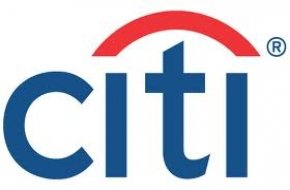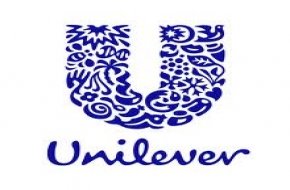Our Management Training & Development courses are suitable for managers at all levels in the private, public, and the not-for-profit / voluntary sectors.
They are also particularly useful for new or aspiring managers and help develop key competencies necessary to succeed in management today.
The management development course modules described below can be taken as standalone modules to meet a particular need, or combined with a number of other modules (including with those from our Leadership Development courses) to form a longer program of one, two or three days.
The Key Roles of Management
This management training workshop allows new managers to become familiar with the important aspects of being a manager and to understand the key roles of a manager.
Qualities of Effective Managers
The objectives of this management training workshop are firstly to challenge participants to rank the qualities of a manager and allow them to develop an understanding of the more important qualities that a manager can have, and what makes a great manager. Secondly, to discuss the differences in perception between what managers think and what their teams think.
Managing Team Performance
This workshop firstly helps managers recognise some of the things that they need to do to build awareness of the team and monitor its performance; and secondly, to understand the importance of spotting potential problems quickly and taking appropriate action to help the team overcome these.
Delegation
This management training module introduces team leaders and managers to the subject of delegation; explores what constitutes effective and ineffective delegation; considers best practice when delegating; and identifies some pitfalls to avoid when delegating.
The Art of Prioritising
In our increasing complex world of work, with the overwhelmingly huge amount of data and information thrown at people, and the many different demands made on them, managers require a system that helps them focus on the important. This module introduces managers to a simple process for identifying the most important/critical work to complete and to some simple tools for prioritising tasks.
Introduction to Giving Feedback
This workshop helps team leaders and managers understand the characteristics and differences between constructive feedback, praise and criticism. It emphasises the importance of constructive feedback and explores “good practice” guidelines for providing constructive feedback.
Re-Scripting Feedback
Building on the knowledge and awareness gained from the Introduction to Giving Feedback workshop, this course encourages team leaders and managers to consider the art of feedback and to ensure their feedback is appropriate and objective. It enables participants to identify useful, helpful, constructive feedback, and develop effective feedback skills. Participants also consider how if feels to be on the receiving end of destructive or unhelpful feedback.
Managing Poor Performance
This management training module encourages team leaders and managers to consider different approaches to improving poor performance, and the relative merits of those different approaches. It also encourages them to think about appropriate timescales over which they might expect to improve performance and standards, and to consider the implications of not taking action to improve poor performance.
Preparing for a Performance Review
The objectives of this workshop are to encourage supervisors, team leaders and managers to think about the things they need to do before conducting a performance review. They will consider the importance of effective planning before a performance review; identify questions that should be asked in a review; and to recognise the importance of thinking in advance about open, constructive questions that can be used in the review.
Understanding Customer Service
This module uses a case study to illustrate the importance of customer service and demonstrates how low-cost customer service improvements can benefit an organisation’s reputation. Participants identify improvements that can be made to customer service within their own organisation.
What is Excellent Service
Customer satisfaction with service is based on the customer’s perceptions and is highly subjective. Their perceptions are influenced by what they expect. The relationship between the customer’s expectations and the level of service they receive is how they perceive excellent, mediocre or poor service. This module identifies the characteristics of excellent customer care by identifying what poor, mediocre and excellent customer care consists of.
The Internal Service Chain and Internal Customer Care
This management development course explores the concept of an internal service chain. It provides the opportunity for participants to map an internal service chain relevant to their work and identify critical internal relationships that can have an impact on the type of service received by the external customer.
Making Continuous Improvement Happen
This management development module explores what needs to be taken into consideration when planning continuous improvement activities; identifies some improvements that can be made; and develops a continuous improvement plan that can be implemented in the workplace.
The Relationship between Leadership and Management
This workshop helps team leaders and managers explore the relationship between leadership and management, and the differences and similarities between them.







































